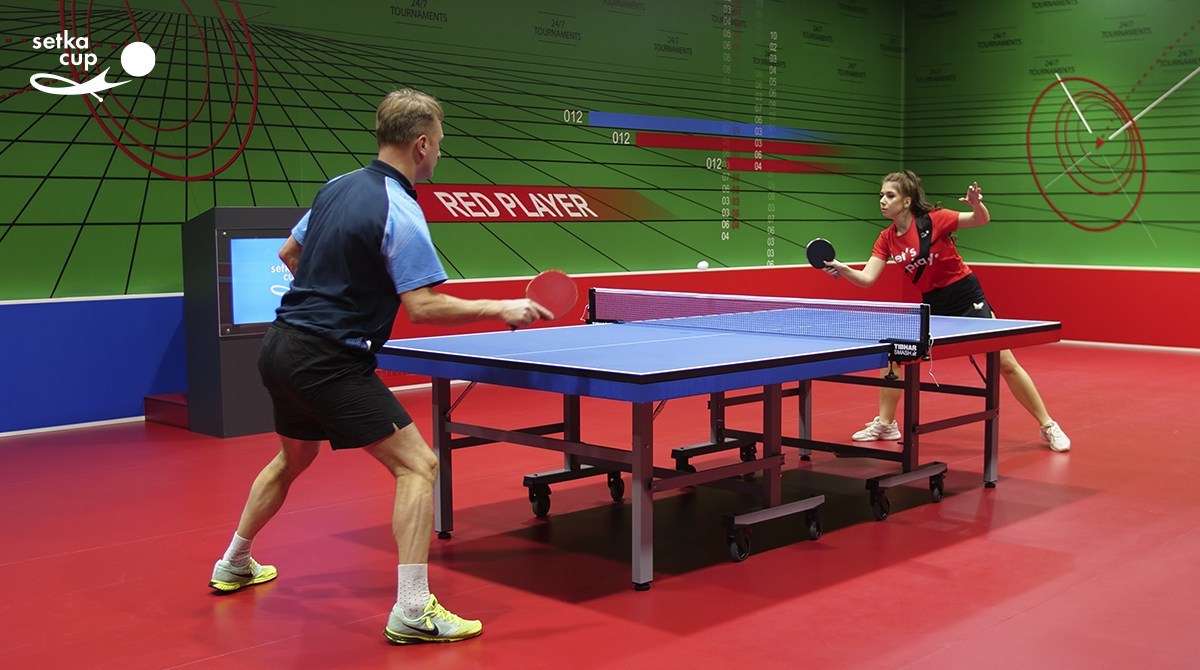It began as an undercard. Now it’s the main event. A year ago, in the innocence of the pre-pandemic era, table tennis was but an obscure niche in the global sports gambling market. When COVID-19 shut down the world’s most gambled-upon sports, however, unregulated table tennis matches from Eastern Europe emerged as the only consistent source of action, methadone for compulsive gamblers suffering withdrawals. Like a sweat shop, matches were held around the clock to meet demand. Ukraine’s SETKA CUP currently boasts a staggering 6,500 matches per month. Watching a match, you hear the distracting noise of any of the six other simultaneous matches—creates cognitive dissonance like watching a badly dubbed movie. “Our athletes don’t play more than three days in a row and can’t participate in more than one tournament per day,” says SETKA CUP tournament director Denys Kalachevskyi. “It helps to avoid sports injuries and professional burn-out.” With the sudden influx of attention, however, came scrutiny. Last year, Setka Cup was fined for violating COVID-19 protocols. All players involved were suspended from ITTF events. Now, we are assured, everything is up to code. “Of course, we comply with all the quarantine rules and check the health of our players daily,” says Kalachevskyi. Thanks to the insatiable global appetite for something to bet on, SETKA CUP has now upgraded to a snazzy new facility in Lviv, Ukraine. The new match mill boasts fun theme rooms related to the history of table tennis, such as London and Beijing. For the last year, the SETKA CUP has been dogged by allegations of match-fixing. So persistent were the reports that the state of New Jersey, one of the world’s biggest gambling hubs, banned all betting on table tennis from Ukraine. Suspicions only grew when former Australian table tennis star Adam Green was arrested in December. Green, who had trained extensively in Eastern Europe, allegedly used insider knowledge of prearranged Ukrainian matches to win half a million dollars through a network of Australian bettors. Now, SETKA CUP assures us that everything is on the up-and-up. Players submit to a lie detector test before playing, a surreal requirement for surreal times. The décor evoking London and Beijing makes one consider the many unexpected turns our sport has taken in its century-and-a-half of existence. Strangely enough, Lviv itself is becoming one of those important cities in the history of table tennis. It remains to be seen, however, whether its role will be celebrated outside of Lviv and sports betting sites.
More at European Gaming Industry News
